Premier League players returned to training in small groups this week as part of the ongoing Covid-19 return to play protocols. The improvement in the weather offered a pleasant backdrop for coaches, players, and a limited number of sport scientists to be out on the training ground. It also gave media teams a valuable opportunity to capture content for the many behind the scenes training videos being produced to satisfy fans’ thirst for content.
Liverpool FC’s ‘Inside Training’ series is among the best examples of behind the scenes footage. It has assisted in boosting Liverpool’s YouTube following to 4.65 million subscribers. It has also had the added benefit of allowing LFC to activate its partners. The series is now sponsored by its training kit sponsor AXA and provides significant coverage for kit supplier New Balance. The most recent episode also has some nice product placement, via Andy Robertson, for its official partner Nivea.
Robertson is seen with a can of Nivea sun cream pretending to cover himself in the protective spray. Despite the physiological and psychological benefits of exposure to sunlight, when the weather begins to improve, some athletes must take particular care as many spend large amounts of time training outdoors. This can increase the risk of illness associated with too much direct sun exposure.
Sunburn is an obvious cause for concern we’re all familiar with. Not only is it uncomfortable, and potentially a risk for our health, it can also impact performance. Specifically, sunburn can inhibit the body's temperature regulation and also cause increased fluid loss which can lead to dehydration. Much of the current research surrounding the impact of environmental conditions on performance has focused on temperature rather than sunlight and it’s acute impact. Recently, led by a research group in Japan, this has begun to change.
Hidenori Otani and his team have begun to show that increased solar radiation can have a negative impact on football performance when environmental temperature, exercise and other climatic conditions remain equal (2019). Players covered less total distance in terms of walking, jogging and running and had higher heart rates despite lower physical output. A take-home for clubs and performance teams could be that to inhibit this negative effect, players should attempt to reduce the amount of radiation they are exposed to in order to maximise physical ability. On a beautiful sunny day, very few players would want to avoid the sun and train inside or cover up too much. So how could they potentially decrease the direct effect of the sun’s radiation? In terms of UVA and UVB rays, an obvious answer is sun cream.
Robertson has done a fantastic job in terms of product placement for Nivea. In sponsorship, the real win comes when the product has relevance and credibility in the situation it has been presented. Whether you are a professional footballer or not, wearing sun cream is a good idea for everyone as it will help to protect you against the harmful effects of UV radiation from sunlight. As Premier League players settle into project restart and the season is set to run into the sunny summer months, sun cream should be part of every performance team's box of tricks.
If players want to perform at their best for the remainder of the season, in the words of Baz Luhrmann and to the delight of Liverpool’s supplier, Nivea…wear sunscreen!
Sport Science Agency uses its insight and expertise to tell performance stories and unlocks their value for brands, broadcasters and rights holders. If you want to know more about what we can do for you, drop us a note via info@sportscienceagency.com and we can arrange to go for a healthy vitamin packed drink


